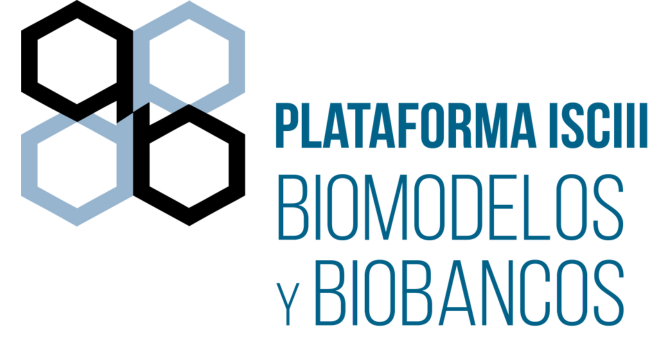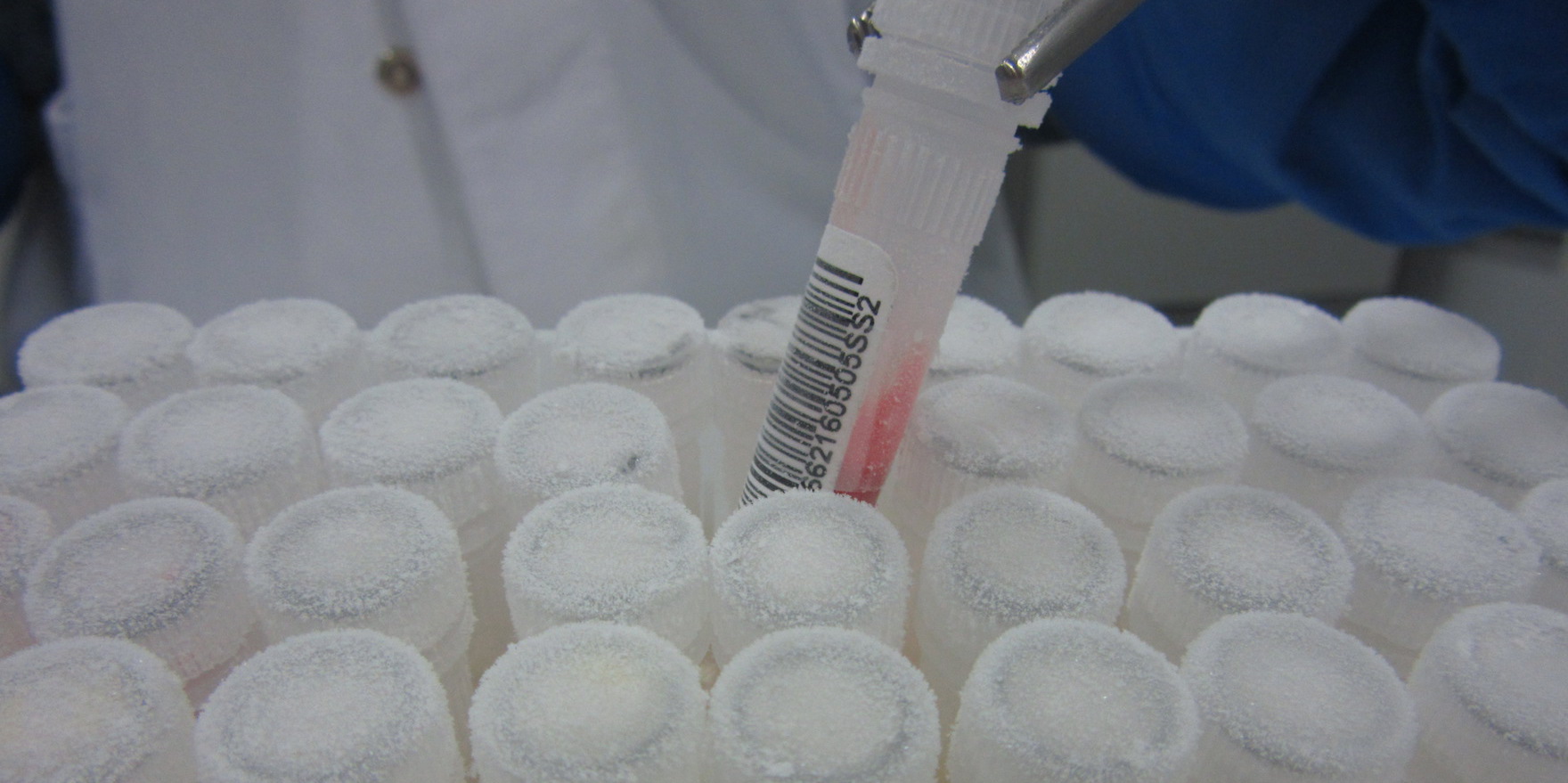The National Biobank Network has registered nearly 62,000 samples from 21,000 patients to make available to research projects that need them for advancement in knowledge about this new pathology.
This initiative allows projects on the new SARS-CoV-2 virus to have a common national catalogue of samples from patients who have suffered COVID-19. The National Biobank Network (RNBB) has managed to record all these human biological samples in just 5 weeks,starting their incorporation on April14th. The samples are mostly serum, nasopharyngeal exudates, blood, plasma and leukocytes, as well as urine, faeces, nucleic acids or tissues, among others.
Samples of the different stages of the disease
Samples come from patients infected with different stages of severity of the disease, from deaths, severe admissions into Intensive Care Units, admitted to hospitals, or even symptomatic patients not admitted, asymptomatic or clinically standard compatible with COVID-19 without confirmatory laboratory tests. Also of cohorts of confirmed healthy people, without symptomatology of COVID-19 (healthy controls, much necessary for research projects). Of 15% of these patients samples are already available at different times of the clinical evolution of the disease, called follow-up samples, which will allow to address projects to know the possible aftermath of this new disease.
In addition to the 39 institutions that are part of this network, this initiative has been joined by collaborating biobanks, in order to incorporate as much of surplus care samples as possible with a homogeneous quality sufficient to be used in research.
“All this has been possible thanks to the great collaboration and participation of the care and laboratory services of SNS hospitals that have joined this initiative, guaranteeing the ethical-legal protection provided by biobanks and the universal availability of all these samples to carry out research projects financed and approved by a Research Ethics Committee,” says Cristina Villena, coordinator of the National Network of Biobanks. “The role of biobanks,” continues, “is being key in COVID-19research.”
A higher level of security
Previously, biobanks had to adapt their facilities and equipment to be able to work with this type of samples that require a higher level of biosecurity. The RNBB’s collaboration with the Spanish Biosafety Association to develop general recommendations on how to manipulate and conserve them has had a major impact on biobanks and other areas, such as research laboratories, even internationally in Spanish-speaking countries.
About the National Biobank Network
The National Biobank Network (RNBB) is an initiative of the Carlos III Institute of Health that adds value to all Spanish biobanks, with the aim of providing high-level scientific, technical and technological support to R&D&I projects in health sciences and technologies, as well as fostering innovation in health technologies, by providing human biological samples and associated data of excellent quality.
The RNBB is made up of 39 institutions from all over Spain, grouping hospital biobanks, autonomous networks, networked biobanks, biobanks of the main Health Research Institutes and biobanks of research centers and universities throughout the country. It is currently coordinated from the Center for Biomedical Research in Network of Respiratory Diseases (CIBERES) whose headquarters are located at the Institut d’Investigació Sanitaria Illes Balears (IdISBa).

